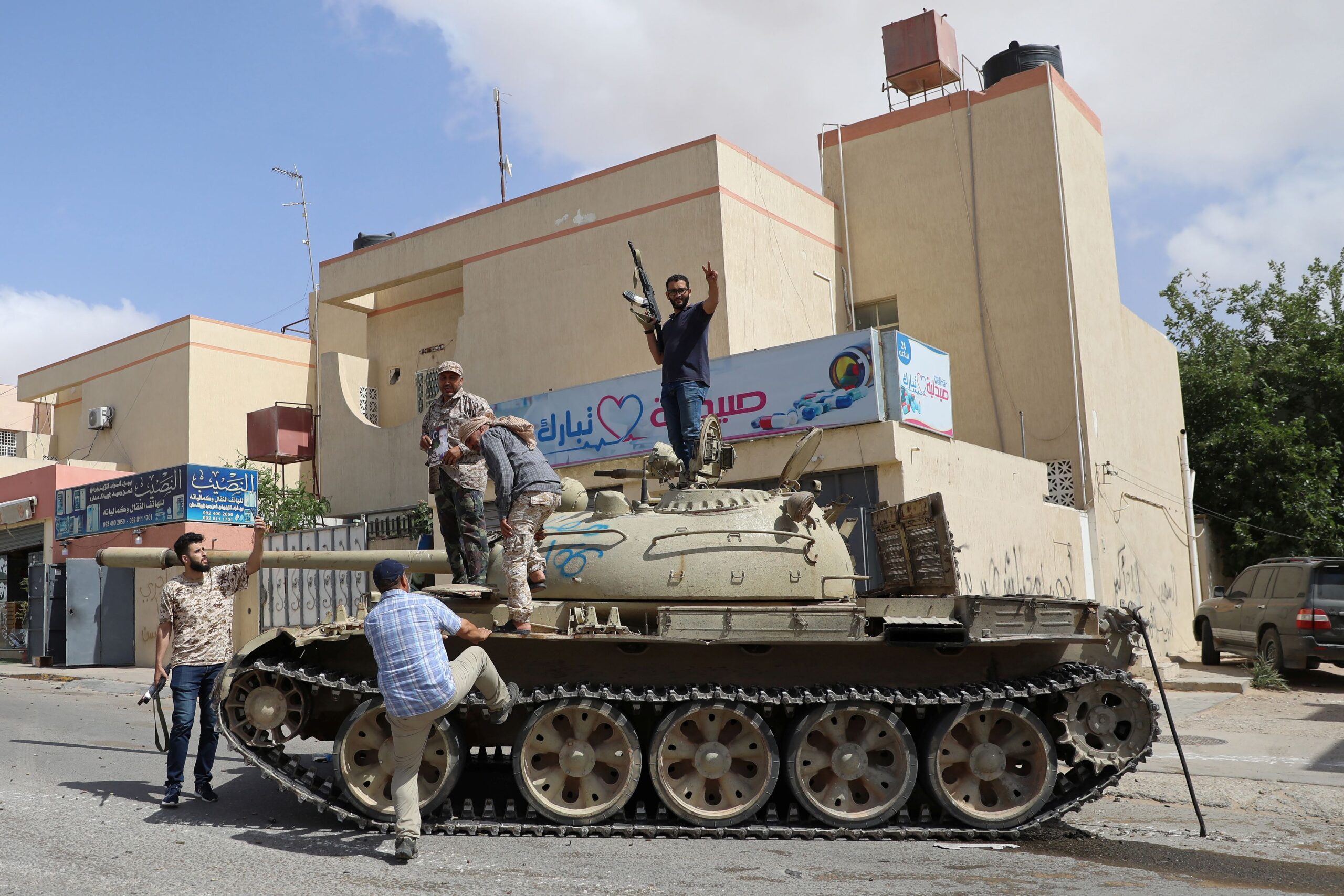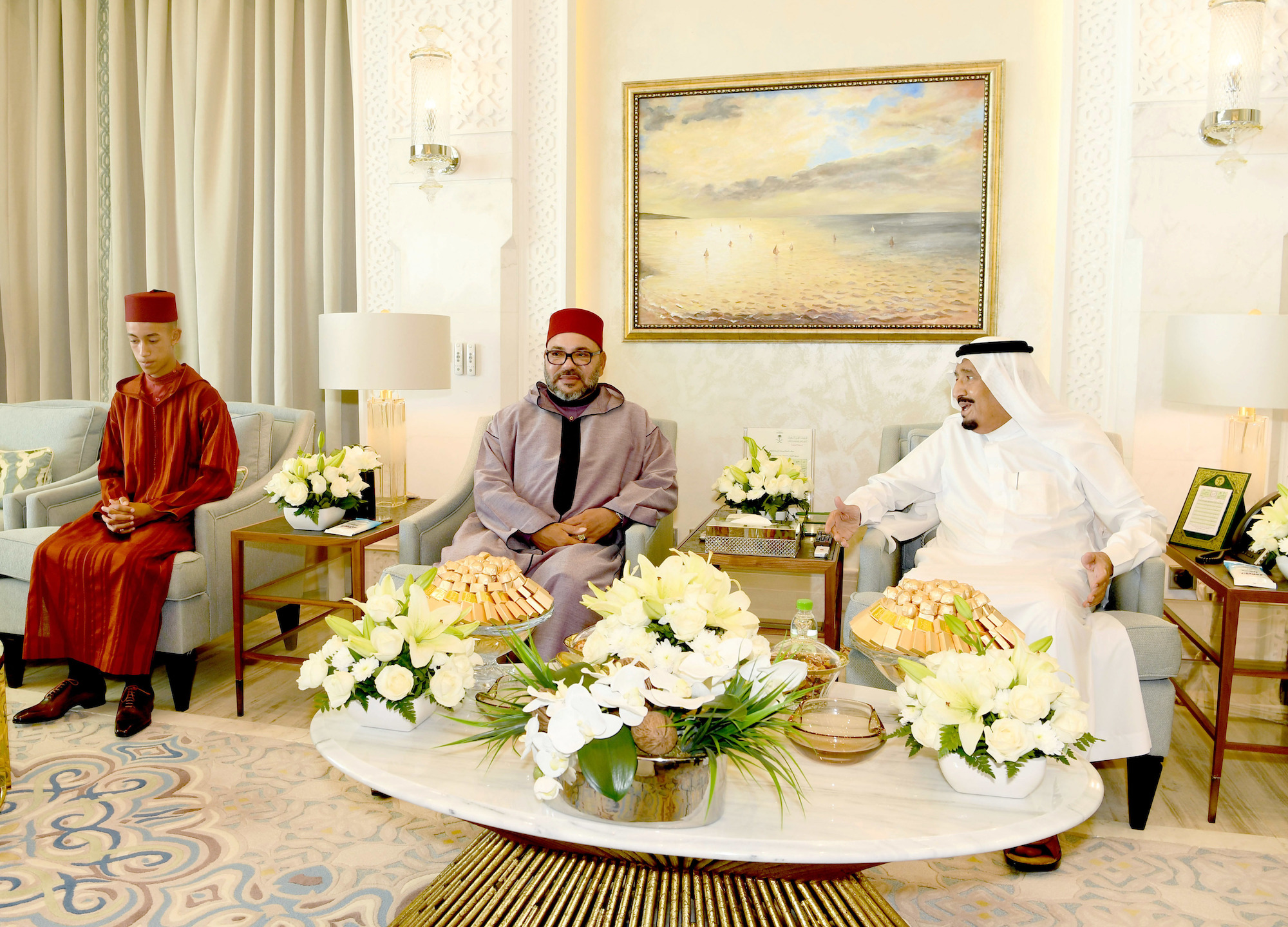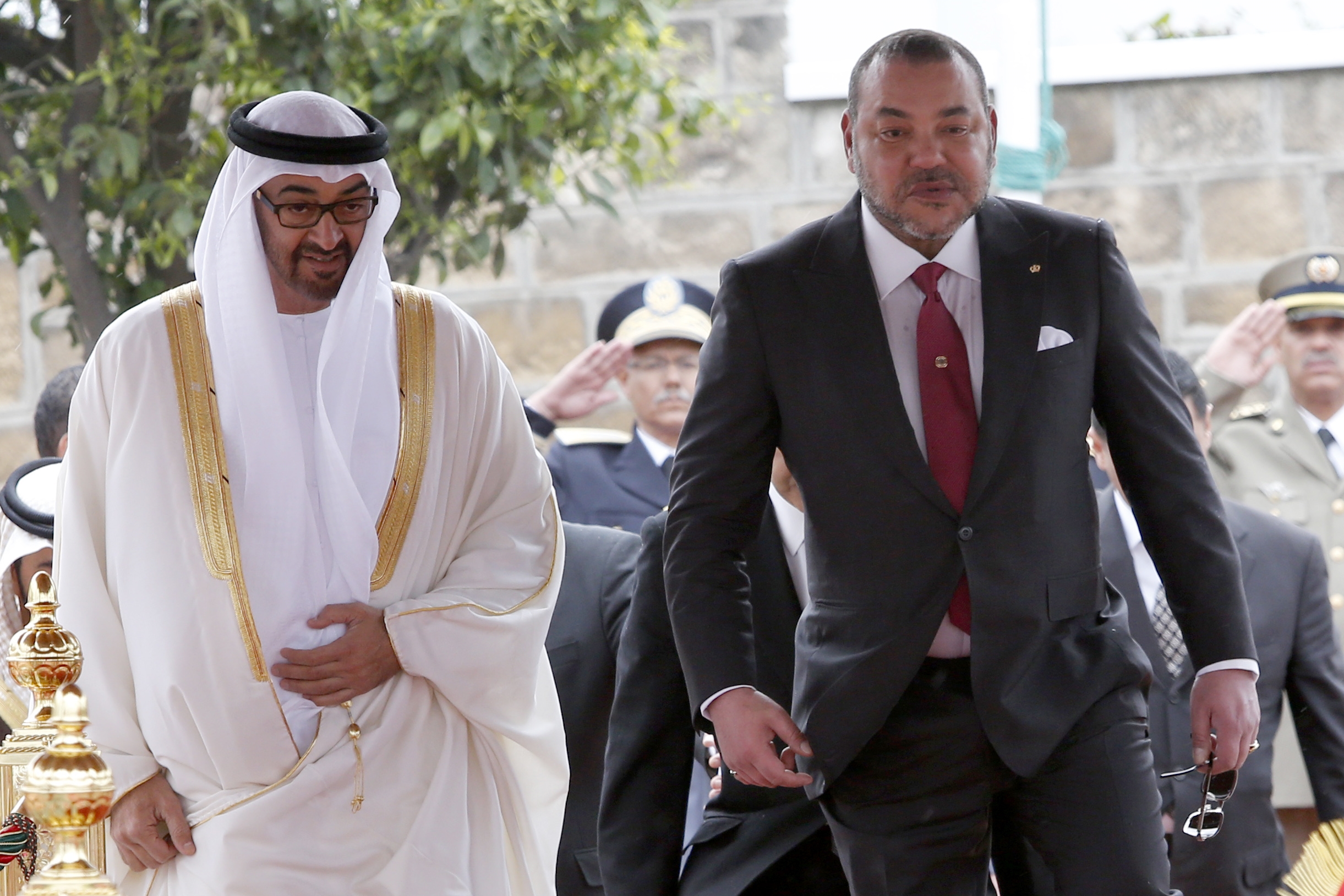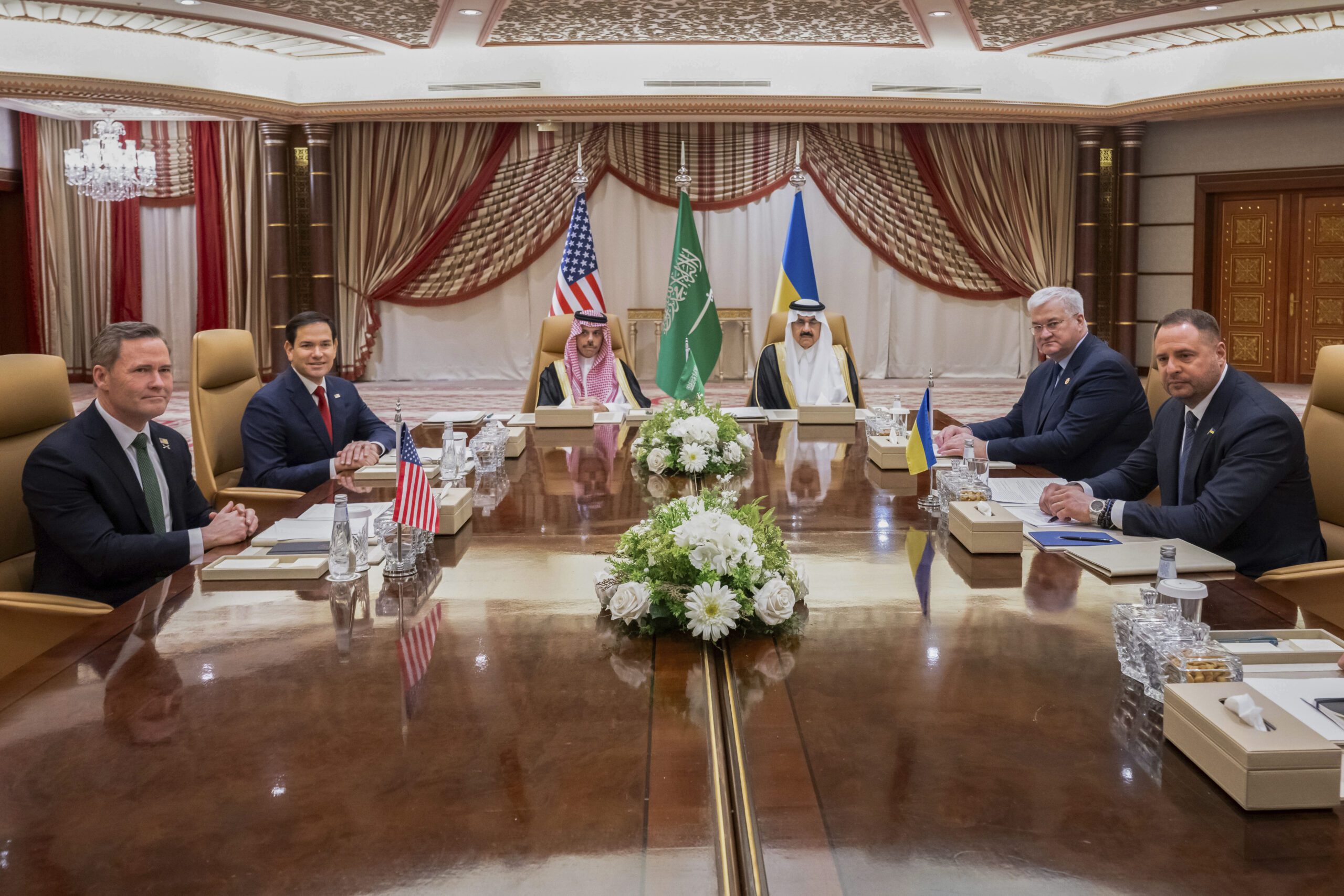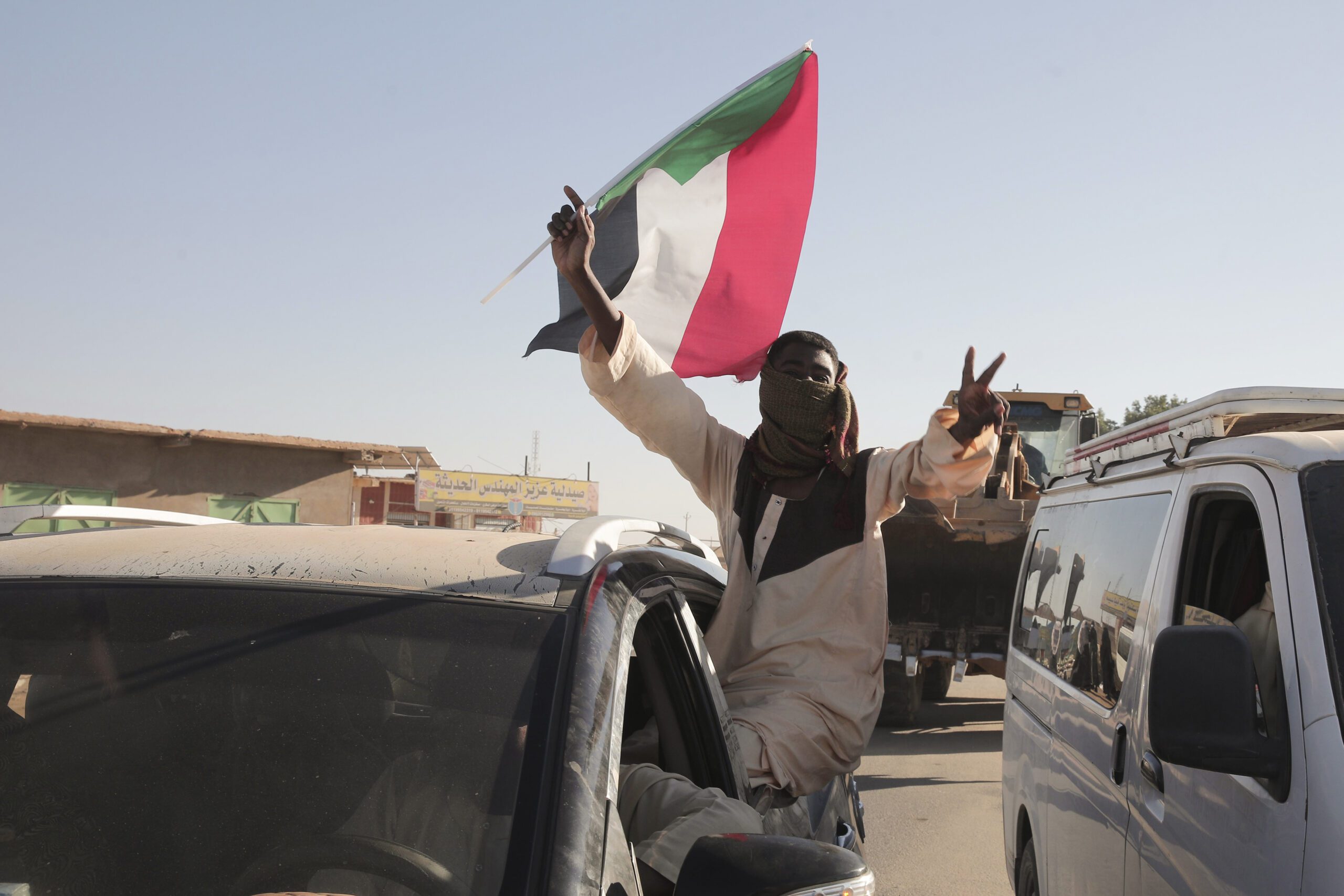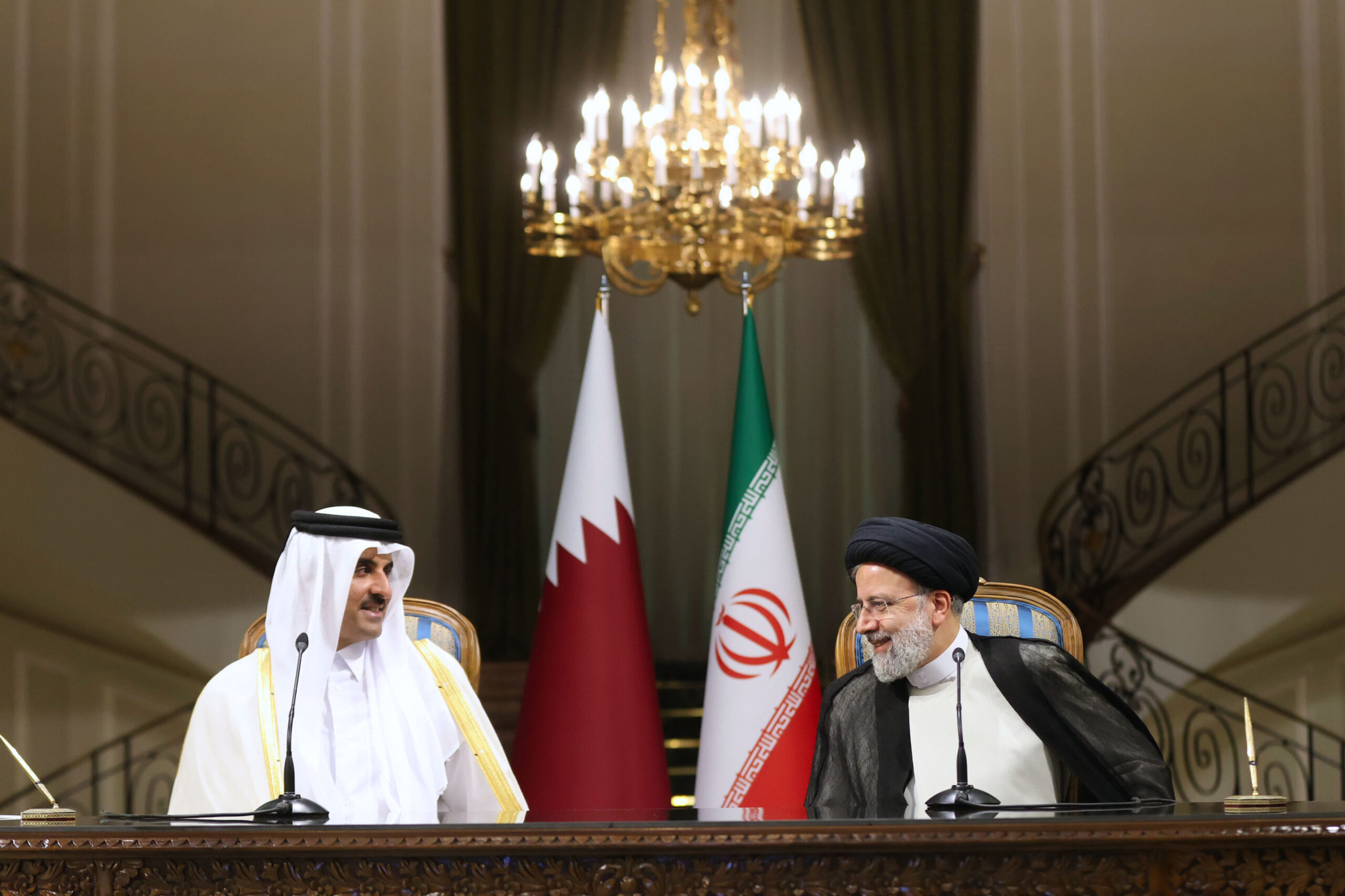Regional and Global Power Competition Deepens Fault Lines Across the Southern Mediterranean
North Africa has become a site of great power competition among the United States, Russia, and China; the location of one of the region’s most protracted violent conflicts; and the scene for regional and Gulf Arab rivalries.
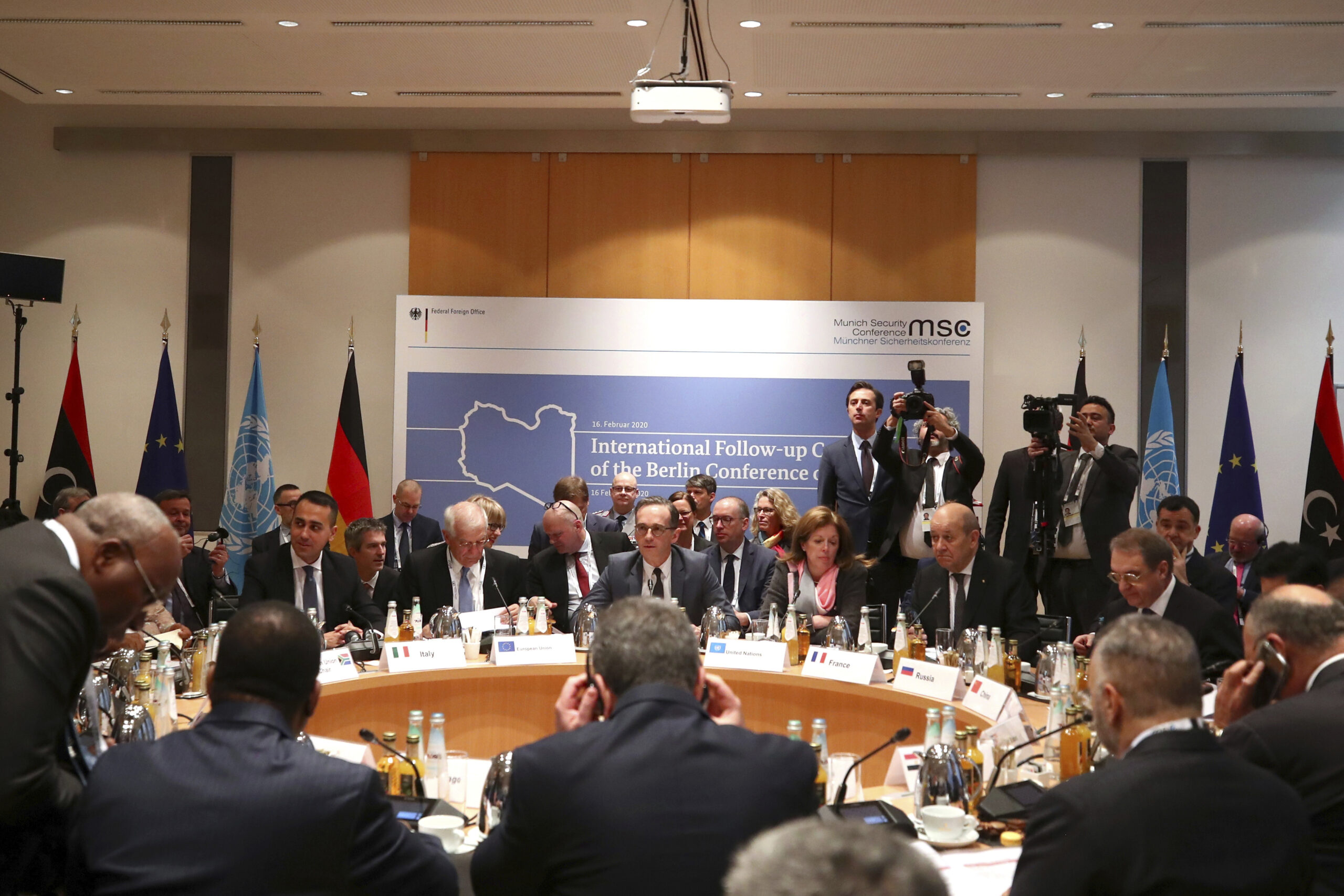
Executive Summary
North Africa has long been considered a peripheral region in wider Middle East dynamics. Today, however, it has become a site of great power competition among the United States, Russia, and China; the location of one of the region’s most protracted violent conflicts; and the scene for regional and Gulf Arab rivalries. Outside the conflicting interests of the global powers inserting themselves into the politics of Libya and across North Africa, there are important divisions within and among the countries of the region itself and a legacy of peripheral fault lines, such as the Western Sahara conflict, the regional rivalry between Morocco and Algeria, the proliferation of armed groups and instability in the Sahel, an unstable political transition in Algeria, divisions over the Grand Ethiopian Renaissance Dam project, and geopolitical competition in the Horn of Africa.
Therefore, it is essential to examine the Mediterranean conflict lines through a wider scope that encompasses regional dynamics in the Middle East and Africa, and especially the engagement of regional actors like the Gulf Arab states.
Gulf Arab states exert influence and protect their interests in North Africa primarily through soft power mechanisms, such as economic assistance, diplomatic support, increasingly high levels of foreign investment, migration linkages, joint military and defense cooperation, and growing financial and business ties. Gulf Arab influence has become a point of political contention in the domestic politics of North African countries, and political parties that have come in and out of power have received support from Gulf states. The fault lines in North Africa have intensified following internal Gulf disputes, such as the 2014 rift and especially the 2017 boycott of Qatar by Saudi Arabia, the United Arab Emirates, Bahrain, and Egypt. Maghreb states like Morocco, Algeria, and Tunisia have remained officially neutral in the Gulf rift, even as various Gulf states attempt to exert political and economic influence to sway these states. Egypt positioned itself solidly in the Saudi-UAE regional axis after the overthrow of President Mohamed Morsi, and Libya has become a hotspot for global and regional power struggles.
Gulf Arab states share strategic interests with rival global powers like the United States, Russia, and China. However, the fault lines in North Africa also reveal tensions between Gulf states and traditional allies like the United States, as well as new points of convergence with U.S. rivals like China and Russia. This reflects the broader trend of Middle East and North African states opening up to greater economic and political ties outside of traditional Western partners, what many analysts have called a shift east toward greater engagement with China and Russia. Some Middle East and North African countries are pursuing more aggressive foreign policies and seeking to diversify their strategic alliances as the United States and Europe take a backseat in regional affairs. Yet, aiming to counter an encroaching Russian and Chinese presence in the region, U.S. Secretary of Defense Mark Esper made his first visit to Africa, arriving in Tunisia on September 30.
This paper demonstrates the converging dynamics of geopolitical competition, regional conflicts, and domestic politics in North African states, highlighting the necessity of greater strategic focus and support for conflict resolution in this increasingly unstable theater.
The views represented herein are the author's or speaker's own and do not necessarily reflect the views of AGSI, its staff, or its board of directors.

